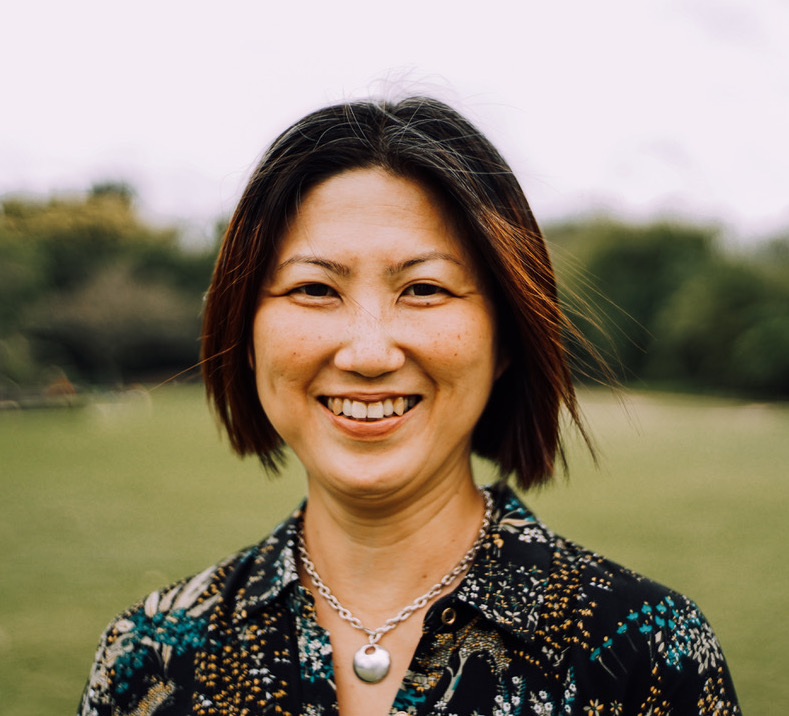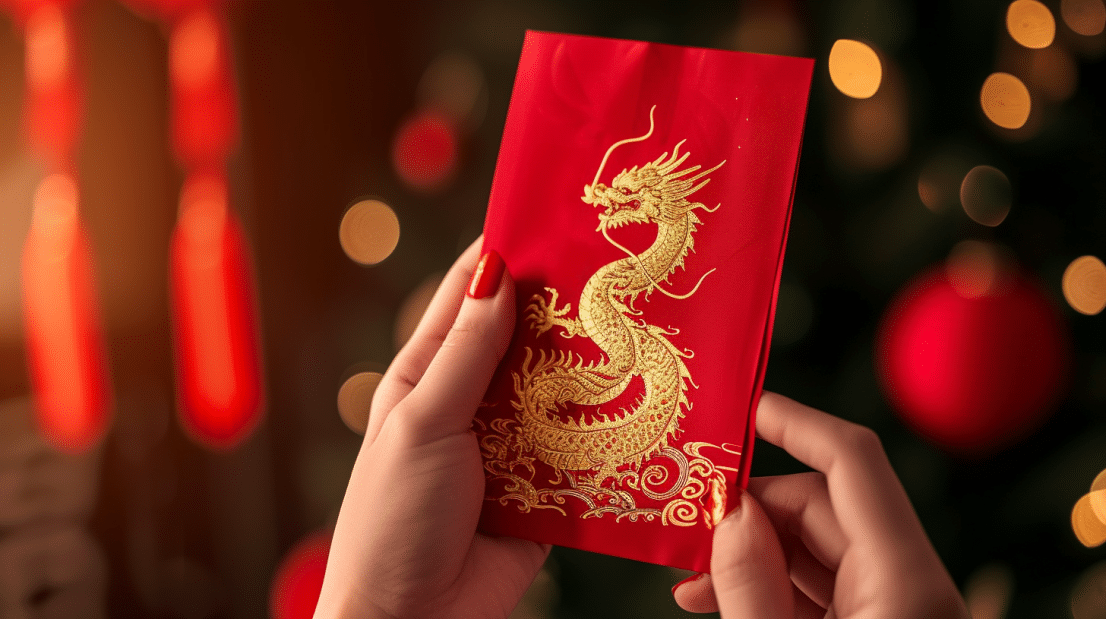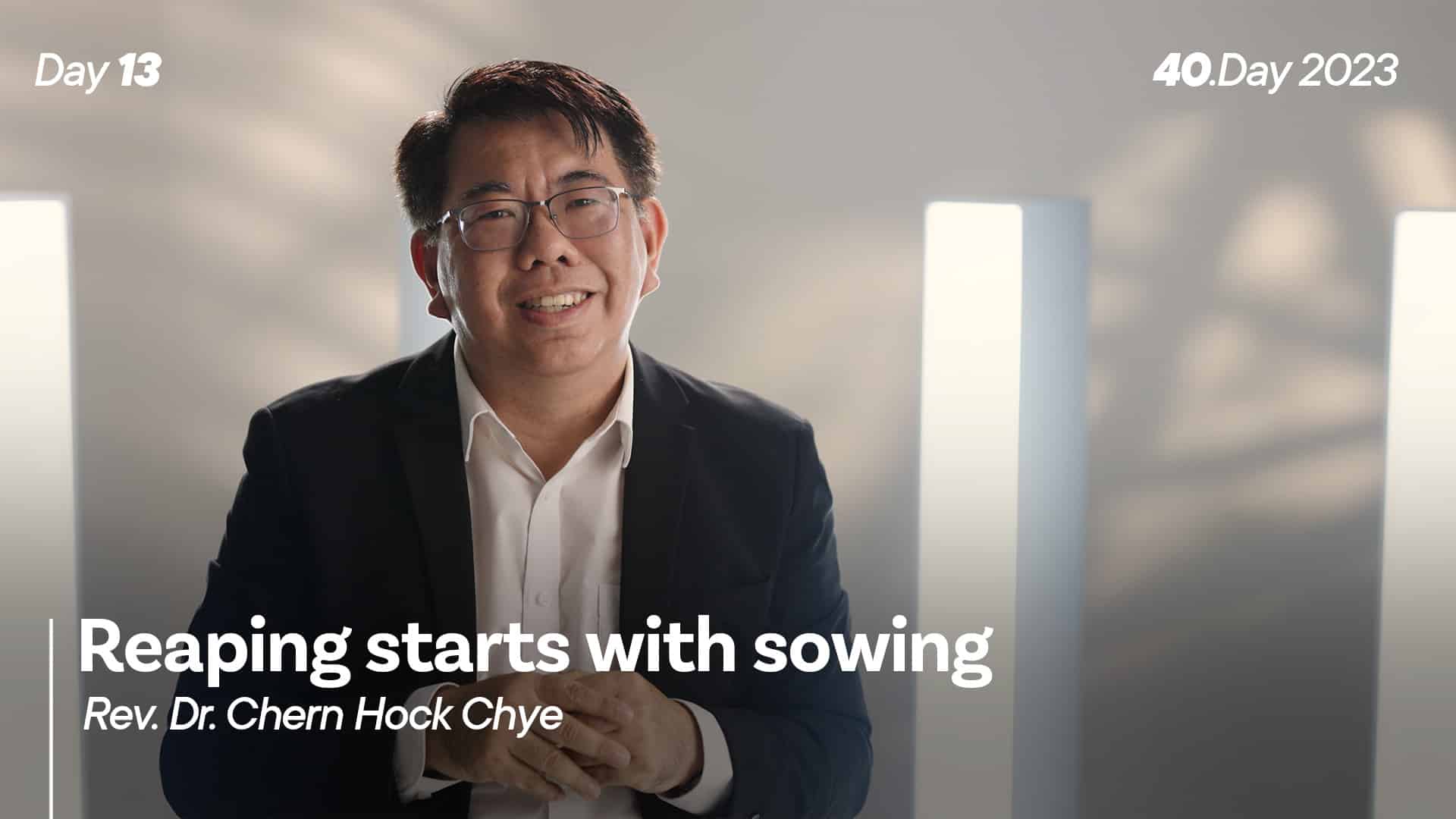Qing Ming: Redeeming rituals that honour and remember the dead
I'Ching Thomas // April 3, 2020, 6:14 pm

Photo by Jnzl on Flickr.
My maternal grandmother’s only son was the first Jesus follower in our family. While Poh Poh (as I called her) was a superstitious believer in traditional Chinese religions, she also couldn’t deny the transforming power of the Gospel as she witnessed the life of my uncle.
As she grew older and contemplated her last days, it occurred to Poh Poh that her son might not attend her funeral because most of the rituals would contradict his Christian beliefs. So, instead, she started attending church to “become a Christian” so that her son would be present at her funeral.
The question of filial duty
This story about my grandmother which is kind of a “reverse filial piety” is perhaps rather rare because the typical response of many Chinese families to a first believer in the family is usually concern or anger.
Cultural Chinese greatly honour loyalty to the family.
There are many factors that give rise to this objection about the Christian faith but a key one is the belief that once a cultural Chinese becomes a follower of Jesus, he or she will reject Chinese traditions and rituals including ones which are part of our filial duties.
Cultural Chinese greatly honour loyalty to the family.
Obedience and respect for the older generation, particularly parents and grandparents, are emphasised and expressed in a myriad rituals and rites. This obedience and respect is an unconditional obligation and is expected to evolve into veneration once they pass on from this world.
Hence traditional Chinese rites in honour of the dead are elaborate and fused with many beliefs about the afterlife as influenced by other Chinese religions.
Qing Ming practices
Today, the practice of ancestor veneration is based on three beliefs:
- The importance of filial piety.
- The departed can bless or curse their living relatives as a person’s fortune is influenced by the souls of his or her ancestors.
- All departed ancestors have the same material needs they had when they were alive.
The Qing Ming festival, which also marks the beginning of spring, is focused on ancestor veneration.
Rejection does not have to be the only option.
On this day, family members visit ancestral graves where special rites are performed. A series of activities take place including: Clearing the gravesite of dirt and debris, weeding around the site, and repainting inscriptions on the tombstone. Wine and a variety of foods may be placed around the gravesite (along with appropriate tableware such as glasses and chopsticks) as offerings to the spirit of the deceased. Family members bow and kneel in respect.
During this period, it is common to see extravagant paper models of houses, fancy cars, effigies of domestic helpers, and others burnt so that one’s deceased relatives would receive them in hell. A lot of spirit money (also called hell money) is burned so that the deceased will have enough to spend in the afterlife.
Nuggets of moral truth
Against the backdrop of such practices and rites, it is no wonder that many who have converted to Christianity reject the tradition of veneration of the dead completely.
Respect and honour for our parents is biblical and so is the remembrance of our ancestors.
However, rejection does not have to be the only option.
Furthermore, respect and honour for our parents is biblical and so is the remembrance of our ancestors.
In my family, ironically enough, my mother who, out of filial piety, accompanied her mother to church, ended up following Jesus. When Poh Poh passed away 10 years ago, we decided that we wanted to express our honour and love for Poh Poh during Qing Ming by redeeming the celebration.
Redeeming rituals
We did this by firstly redeeming some rituals that are clearly non-religious.
For example, visiting Poh Poh’s grave and spring cleaning her tomb area are unquestionably some of the practices that we can participate in.
In fact, a few times a year including Qing Ming, together with extended family we would make a visit to Poh Poh’s grave, bring flowers to decorate the tomb and then we would sing a hymn or two to praise God for his grace and mercy upon our family. We usually end the visit with a prayer of thanksgiving.
A different belief about death doesn’t mean we can’t remember and honour loved ones.
Another traditional practice in honour of one’s ancestors is the placement of wooden ancestral tablets inscribed with the deceased name on the family altar. The tablet represents the deceased’s place in the household and incense joss sticks and food are offered to appease them because one’s ancestors are regarded as “guardian angels”—protecting one from harm and bestowing blessings.
As Christians, we obviously have a different belief about reality but that doesn’t mean we can’t remember and honour loved ones who have passed on in a similar manner.
Having a designated memorial corner in our homes with either a photograph or even a wooden tablet with their names inscribed does nothing to contradict our worship of God. While we would not be offering any incense or food, placing a vase of flowers next to their photograph to celebrate and remember their lives serve to redeem this custom.
Of course rituals that have clear religious or spiritual aspects ought to be rejected but there is always the possibility of replacing these rituals with new ones.
For example, instead of offering Poh Poh food on her tomb during Qing Ming, we celebrate Qing Ming by gathering the extended family to have her favourite food for dinner — all done in remembrance of her impact on our lives.
I look forward again to having hotpot on Qing Ming because that is my beloved Poh Poh’s all-time favourite!
This article was first published on ChinaSource team. It has been reproduced with permission.
70-year-old Trinity Theological College birthed in a dark period of Singapore’s history
Note: This article was published before the COVID-19 pandemic. While the spirit of the story remains, please comply with social distancing measures outlined by the Multi-ministry Task Force on April 3.
We are an independent, non-profit organisation that relies on the generosity of our readers, such as yourself, to continue serving the kingdom. Every dollar donated goes directly back into our editorial coverage.
Would you consider partnering with us in our kingdom work by supporting us financially, either as a one-off donation, or a recurring pledge?
Support Salt&Light




